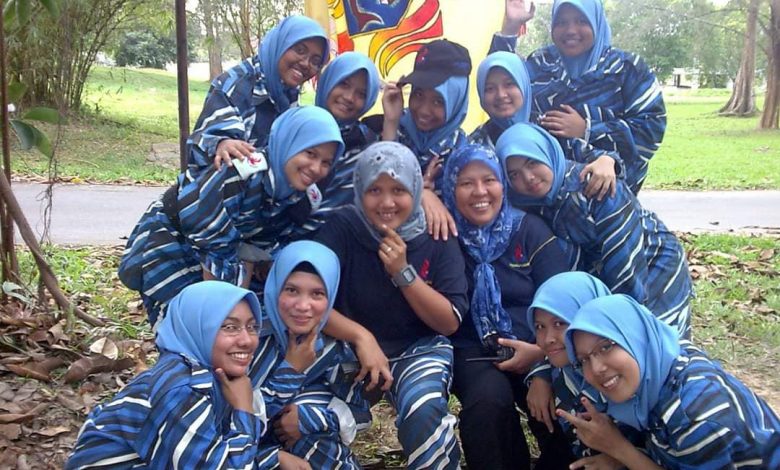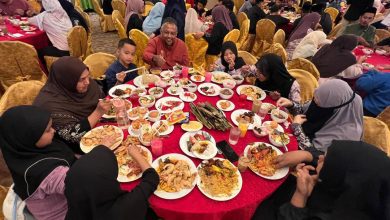

By Aida Aziz
IPOH: The government’s decision to continue the National Service Training Program (PLKN) until at least 2025 is seen as capable of cultivating a generation of citizens aligned with the principles of the Rukun Negara.
This viewpoint was expressed by Ibrahim Ahmad, a Lecturer at the General Studies Unit, Universiti Kuala Lumpur (UniKL) Perak, who wholeheartedly agrees with this step, stating that it reinforces identity and a love for the country among the youth.
However, he emphasized that PLKN should rightfully serve as a platform for unity and integration among the Malaysian people, rather than a field for the indoctrination of political parties.
Although the training has been shortened to 45 days compared to the previous three months, this duration is still practical for achieving the goal.
“It must be free from political influence, in line with the second principle of the National Principles, which is loyalty to the king and country.
“Every political leader must be open and fully trust the implementing agencies in managing the National Service training sessions. If necessary, attend to share knowledge or experiences, but in a professional capacity as a lecturer,” he said when contacted.
Ibrahim added, the past National Service Training Program (PLKN) should appropriately serve as an indicator for the implementation in 2025
In connection with that, he said, the involved agencies need to monitor continuously so that each module can be implemented effectively.
“Every coach and trainer diligently follows the training SOPs to prevent occurrences that could undermine public trust.
“There must be integrity, trustworthiness, and wise management of activities to align with participants’ levels and, consequently, become appealing to those who have not yet participated,” he explained.
Meanwhile, discussing the opinions of individuals who have participated in the National Service Training Program (PLKN), Nadiah Mohamed Radhil, 32, from Manjoi, here, stated that the program trains individuals to be more disciplined and resilient.
“I was selected to join PLKN in 2009 in Sintok, Kedah. Many activities were taught, such as kayaking, marching, and all required communication with friends from various ethnicities.
“When you enter, you’re not allowed to use smartphones. This helps them socialize better because we see young people exposed to gadgets from an early age.
“It teaches us discipline, punctuality, and independence. I believe these are values that should be instilled in the younger generation,” she said.
Nadiah adds, National Service indeed has a positive impact on unity, besides being beneficial for health and stamina.
For Beh Siow Khian, 43, from Bandar Seri Botani, she hopes her daughter, Tan Kai Joe, will be selected to participate in the National Service in 2025.
“Of course, I agree with this proposal because our children can interact with others. It’s something we need to cultivate from school.
“Besides, I have a 15-year-old who will soon reach the age of 17, and if she’s lucky, she will be selected.
“Before this, she was actively involved in the Girl Guides association, and there were meetings on Sundays. Through that, she has already established communication and socialization with friends from various races and backgrounds,” she said.
Recently, the media reported that the National Service Training Program (PLKN) is targeted to be implemented in 2025.
Defense Minister Datuk Seri Mohamad Hasan stated that the allocation for its implementation was not included in the 2024 Budget presented on October 13.
He mentioned that the program, which was abolished in 2018, has been approved by the Cabinet for the ministry to initiate a study to revive PLKN.


